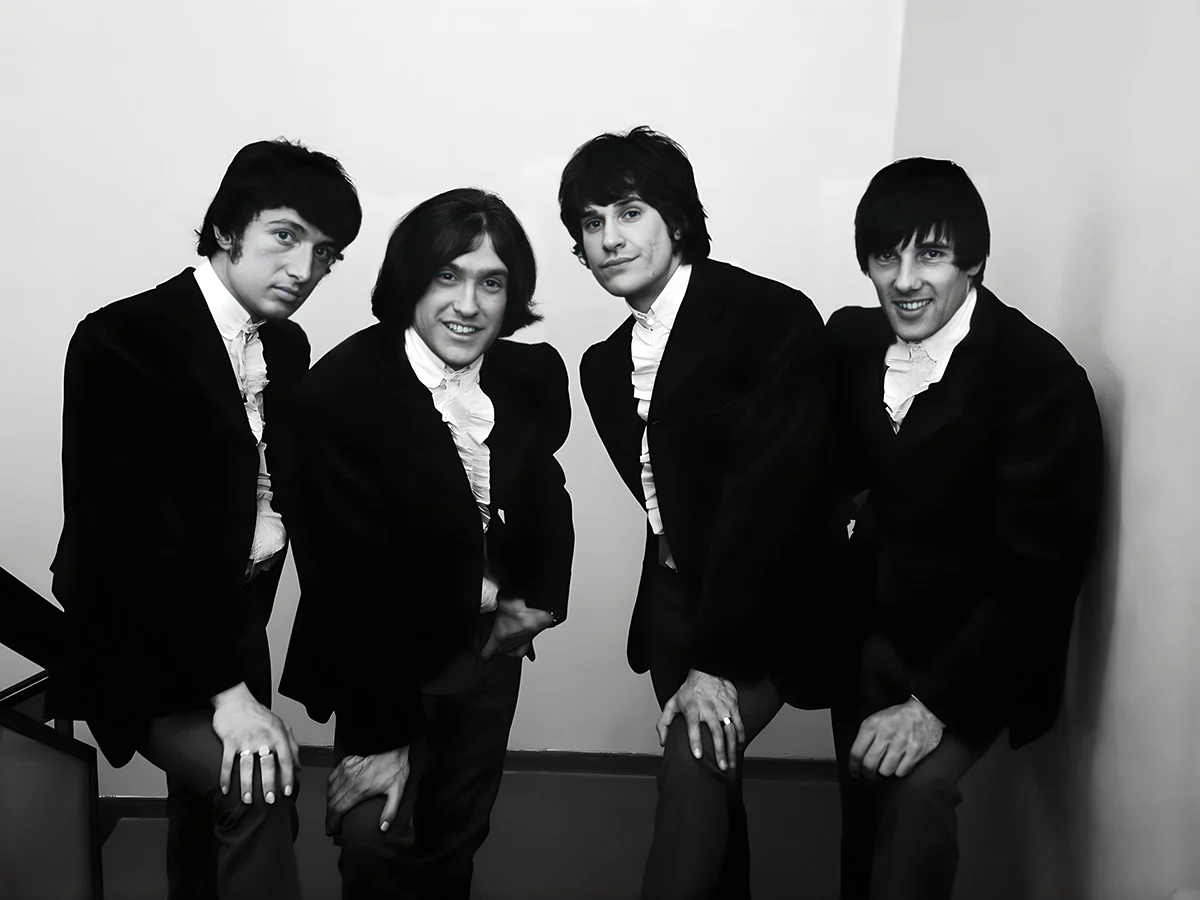While the 1960s are often remembered for the carefree “Summer of Love” and the idealistic flower-power movement, not every band embraced this optimistic vision. One iconic track that stands out from this era is The Kinks’ “Sunny Afternoon”, a song that merged catchy melodies with a deeper social commentary. Released as the lead single from the band’s 1966 album Face to Face, “Sunny Afternoon” by The Kinks marked a pivotal shift for the band, moving from garage rock to a more introspective and politically charged sound.
The Story Behind The Kinks’ “Sunny Afternoon”
Written by Ray Davies, The Kinks’ “Sunny Afternoon” captures a unique slice of 1960s Britain, addressing the era’s economic and social issues through a fictional aristocratic character. Davies penned the song as a reaction to the high tax policies imposed by Harold Wilson’s Labour government, which heavily taxed high earners. To express his frustration with his taxed income, Davies created a “fallen aristocrat” character who laments his reduced circumstances. “The only way I could interpret how I felt was through a dusty, fallen aristocrat who had come from old money as opposed to the wealth I had created for myself,” Davies explained.
This character-driven approach made “Sunny Afternoon” distinct from other protest songs of its time, blending social critique with storytelling. By contrasting the character’s woes against a breezy melody, Davies crafted a subtle critique that resonated with British listeners, much like The Beatles’ “Taxman” did, though with a more whimsical and less confrontational tone.
Musical Shift: From Rock to Psychedelic Pop
The Kinks’ “Sunny Afternoon” represented a major stylistic shift for the band, leaning into a baroque, psychedelic pop sound that would define much of their later work. Moving away from the raw garage rock of their earlier hits, the song features languid instrumentation and catchy hooks that disguise its more serious themes. The track’s laid-back feel was a fitting choice, masking its sharp critique under a seemingly carefree tune. The Kinks used this mix of light melodies and biting lyrics in future hits like “Lola” and Arthur (Or the Decline and Fall of the British Empire), setting the band apart in the British rock scene.
The Lasting Impact of The Kinks’ “Sunny Afternoon”
Today, “Sunny Afternoon” by The Kinks is celebrated as a defining document of 1960s Britain, reflecting both the spirit and the underlying social challenges of the era. Through its unique blend of pop and social commentary, the song remains a timeless anthem that captures a piece of British history and highlights the power of music as a vehicle for critique. The song’s influence can be seen in how The Kinks continued to use characters and storytelling to explore British life, marking Davies as one of the era’s most insightful songwriters.
With “Sunny Afternoon,” The Kinks delivered a classic that balances catchy hooks with clever social critique, leaving a lasting legacy in both British rock and pop culture.
